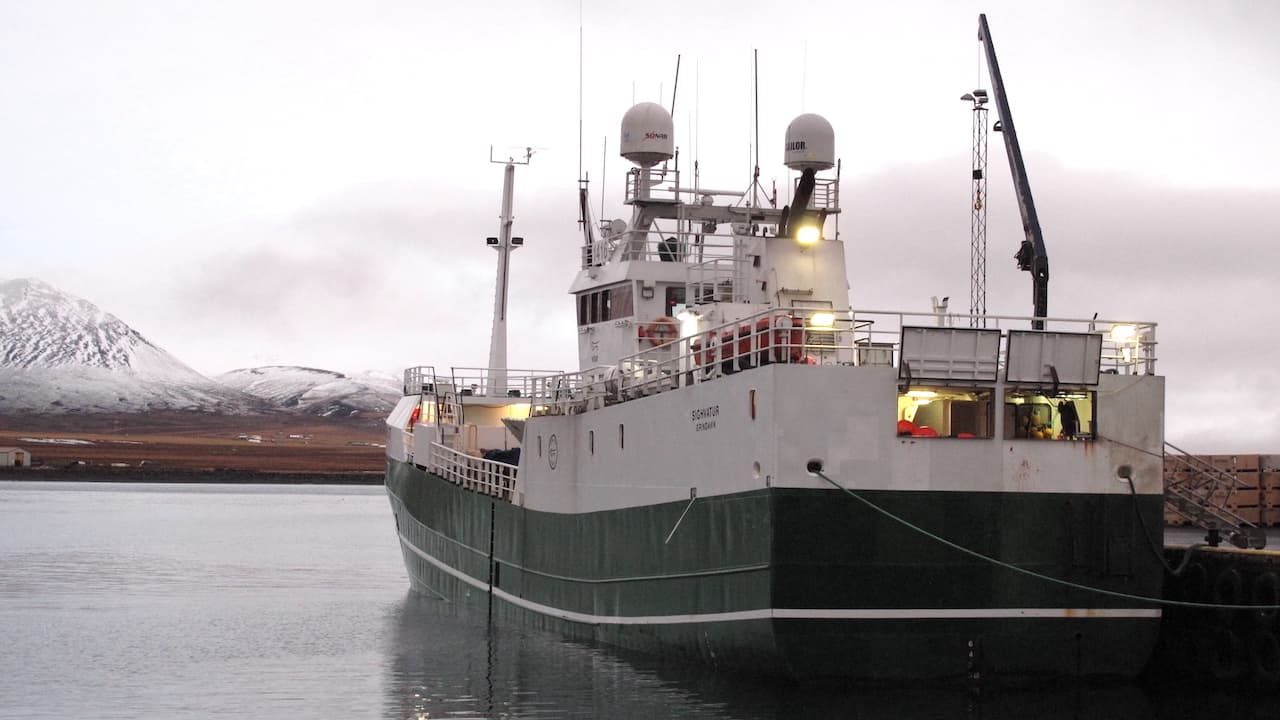A new bill relating to fisheries legislation is at the consultation stage in Iceland, and there are proposals in there that are likely to attract some fierce opposition from some sectors of the industry. According to the Ministry of Food, Fisheries and Agriculture, the bill aims to be a framework for the country’s fisheries up to 2040.
The bill proposes a new set of overarching legislation that brings together the current law relating to fisheries. The bill is based largely on existing legislation, although it contains proposals derived from the work of the Our Resources working group.

Among the ideas put forward are proposals for the quota year to be re-aligned with calendar year instead of the current 1st Sept-31st August quota year, for quantification of fishing effort to be linked to fishing gear types rather than vessel size and for the quota ceiling to be raised for companies registered on the stock exchange from the current 12% to 15% as a route to broader ownership and increased transparency.
The thorny issue of linked entities is addressed, proposing that the definition of ‘control’ be the same as in existing legislation governing competition, and that the concept of linked entities should be extended to include spouses and other close relatives, aligning with legislation relating to limited companies.
Companies would have a three-year acclimatisation period to adapt to a new regulatory framework.
The bill presents a series of further proposals, including a greater requirement for transparency placed on larger operators, including clarity of ownership and ownership links.
Drafts of future fisheries policy and the bill are currently available for consultation, and opinion on the Ministry’s proposals can be made up to 22nd December.









